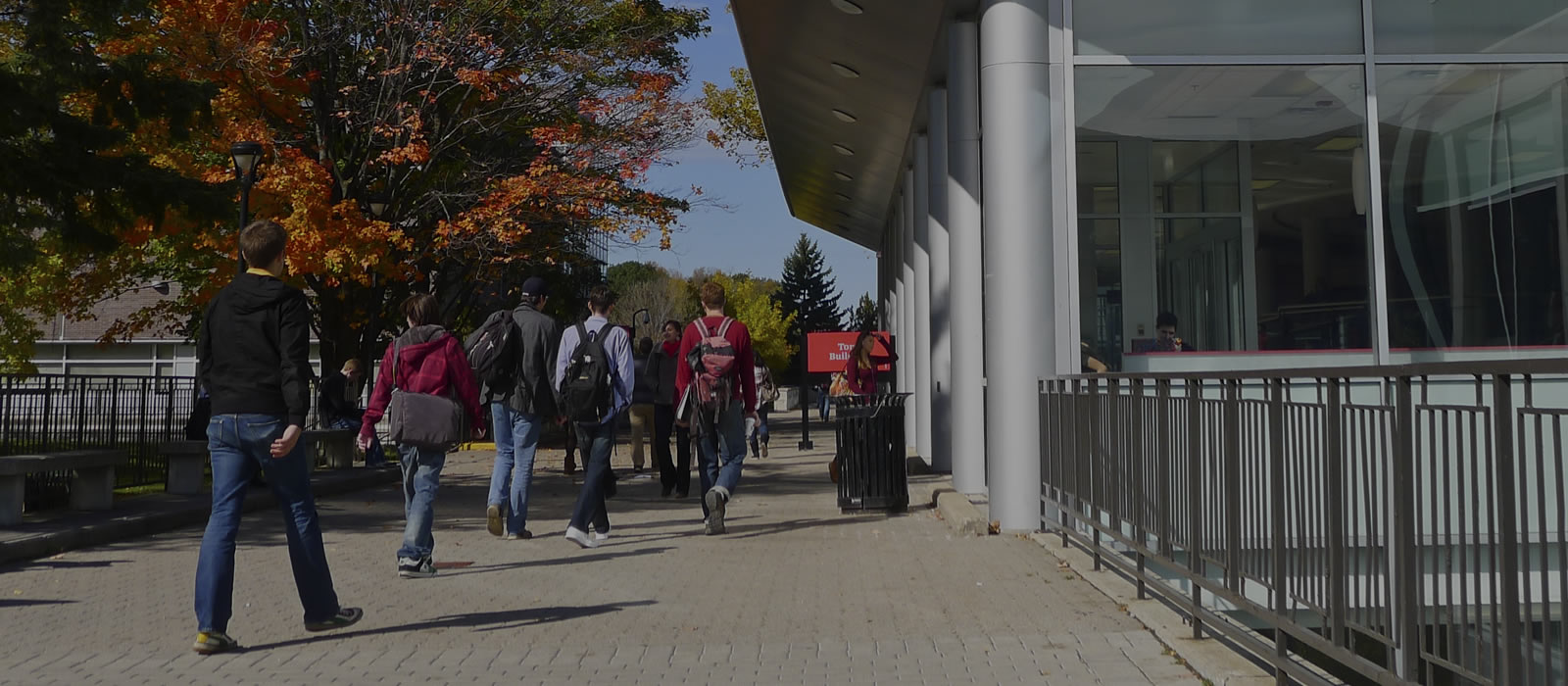Everything You Need to Know About Event Planning
The information and tools below cover all aspects of event planning and should be used by your group when planning an event, whether in person or virtual. Topics include:
- Budget Resource Planning
- Risk Management Form
- Space Booking
- Food
- Classroom Technology
- Additional Forms, Waivers and Privacy
- Event Accessibility
- ICE Planning
Budget Resource Planning
When planning an event, you should consider your budget as one of your first steps as this will help shape what is realistic to have at your event. By comparing your expenses, to income and savings, this will assist in seeing what is possible when hosting your event.
You can use this Excel document as a template for your budget planning. Be sure to use exact estimates and think about all aspects of your event while putting together your budget.
Risk Management Form
All events at Carleton must complete a Risk Management Form a minimum of 14 days in advance of the event. This will help ensure your event is safe and notify you of any liability. All submissions will be reviews and you will be informed of any follow up required.
Space Booking
If your event requires space on campus, you must book this well in advance. Based on where your event is being hosted, you will need to contact that specific department. At this time, there is limited use of space for co-curricular in person activities.
Classroom Space
The Student Experience Office is able to reserve classroom space for individual students and student groups. Space booking requests must be submitted at least 14 business days prior to the date of the event. More information is available on the SEO website.
Library Space
Students can book study-space and meeting booths in the MacOdrum Library through the Carleton Mobile phone app or through Scheduling and Examination Services via the Enterprise Portal. More: http://library.carleton.ca/services/study-rooms
CUSA Space
CUSA provides booking services for a number of spaces both on and off-campus (Including Rooster’s and Oliver’s) as well as tables, chairs, and equipment such as projectors and speakers. Bookings are free for all registered CUSA Clubs & Societies with a refundable deposit for some items and are available to other organizations for a small fee. More: http://www.cusaonline.ca/services/bookings/
Nideyinàn Galleria
Students can book space in the Galleria through the Campus Card Office at https://carleton.ca/campuscard/galleria-booking
Conference Services
Students can book a multipurpose space through Conference Services at http://conferenceservices.carleton.ca/inquire-now. This includes any outdoor space on campus.
Food
All food for events on campus must be ordered through Aramark or one of the CUSA establishments. Be sure to think about common dietary accommodations (gluten-free, vegan, halal, lactose etc) to ensure you are able to order food for everyone. If students are registering ahead for an event, include a section in the registration form about dietary accommodations about any dietary accommodations so you have this information ahead of time.
Additionally, if you are selling food at your event, you must ensure that you get approval for food sales by University Services.
More information:
Classroom Technology
All classrooms require Teaching and Learning Services Access in order to use the computer and projector. If your event requires a computer and projector, you will need to contact Teaching and Learning Services in order to get access. This includes any other technology equipment you may need for your event.
Additional Forms, Waivers and Privacy
The following information is important to consider based on the event you plan to host. Please ensure you are aware of the following when planning your event:
Waiver of Liability (PDF): To be used when students voluntarily participate in high-risk, non-compulsory activities on or off-campus, academic or non-academic.
Photo consent: To be reviewed if your event involved photography
FIPPA: Students at your event (especially if it is virtual) should not be sharing any private information. If your event is virtual, ensure that the platform is an approved platform by the privacy office.
Event Accessibility
When planning your event, you should keep accessibility in mind. A tool that you can use to help others identify what to expect at your event is the Accessibility Icon Toolkit. By using these icons when promoting your event (on your website, social media posts, etc) this will help other students know what to expect when attending your event so they can prepare as needed.
If you have any questions about accessibility for your event, contact the Paul Menton Centre.
ICE Planning
You should always have an ICE (In Case of Emergency) plan for your event. This includes evacuation routes, safe destinations sites, plan for contacting campus safety or local authorities, CUSERT requirements, knowledge of emergency procedures and others.
As you plan your event, be sure to review the following:
- Campus Safety Services
- CUSERT
- Emergency Procedures
- Emergency Notification System
- CU WorkSafe – Carleton’s online tool for hazard identification, injury and incident reporting and workplace inspections.
